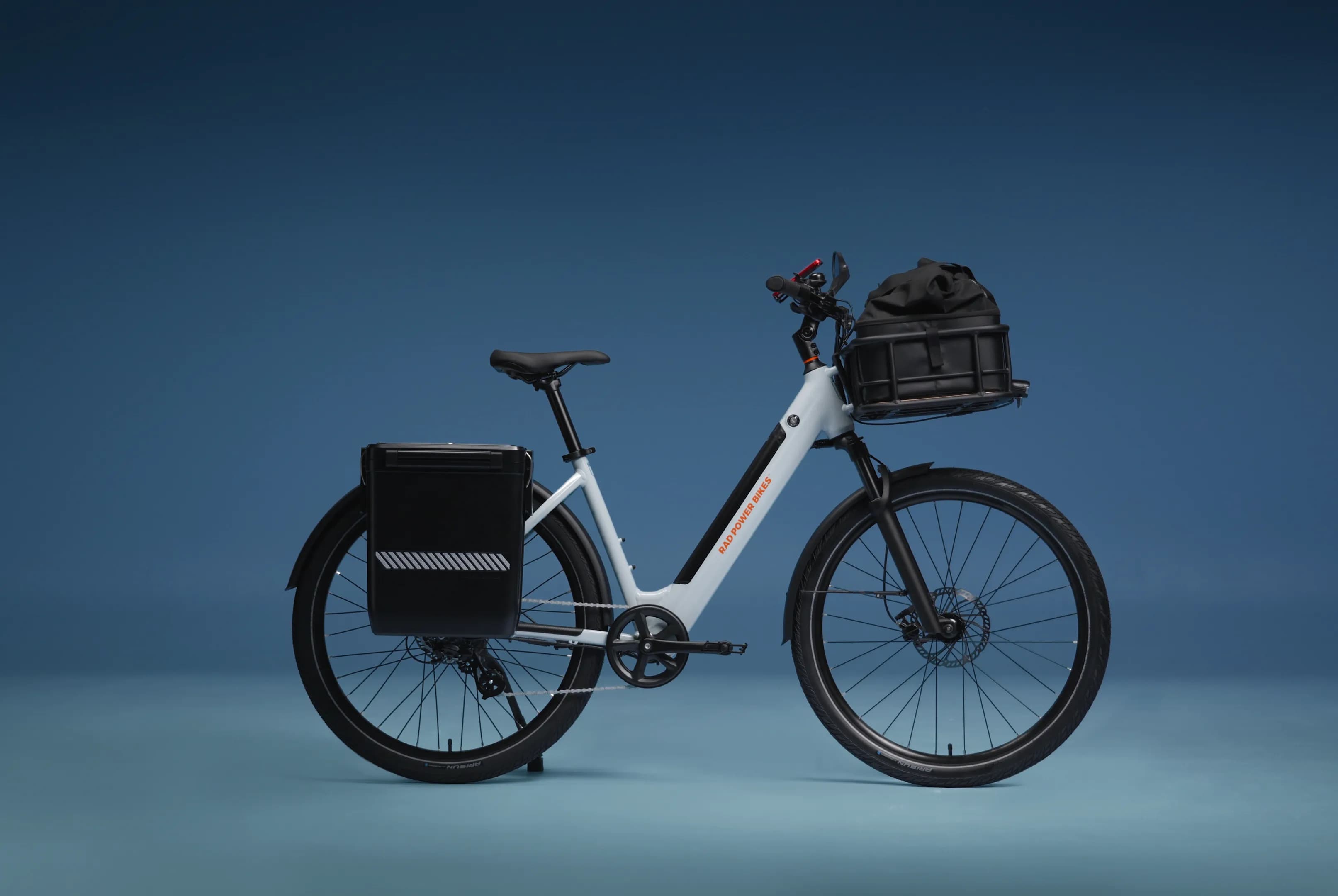We're loading the full news article for you. This includes the article content, images, author information, and related articles.
A top American safety commission has issued an urgent warning for consumers to immediately stop using certain Rad Power Bikes batteries, citing risks of fire and death. While the company disputes the claims, the alert raises critical safety questions for the growing e-bike market in Kenya.

WASHINGTON D.C. – The U.S. Consumer Product Safety Commission (CPSC) issued a stark warning on Monday, 24 November 2025, urging consumers to immediately cease using specific lithium-ion batteries manufactured for Rad Power Bikes, one of North America's largest e-bike brands. The commission has linked the batteries to “a risk of serious injury and death” due to unexpected fires and explosions.
The alert, published on the CPSC's website, identifies battery model numbers RP-1304 and HL-RP-S1304 as hazardous. These batteries were sold with several popular e-bike models, including the RadWagon 4, RadCity, RadRover, RadRunner, and RadExpand 5, and were also available as separate purchases for approximately $550. According to the CPSC, there have been 31 documented fires involving these batteries, resulting in 12 instances of property damage amounting to an estimated $734,500. The agency stressed that some fires occurred even when the batteries were not charging or in use.
The CPSC stated that the Seattle-based company, Rad Power Bikes Inc., has “refused to agree to an acceptable recall.” The commission noted that the company cited its financial situation as a reason for being unable to offer full refunds or replacements to all affected customers, a standard requirement in such safety recalls. A complete recall, the company argued, would “immediately put Rad out of business.”
Rad Power Bikes has strongly contested the CPSC's characterization of its products. In a public statement, the company asserted that it “firmly stands behind our batteries” and disagrees that they are defective or unsafe. The company highlighted that the reported incidents represent a “fraction of one percent” of over 100,000 batteries in use. While acknowledging that “even one incident is one too many,” Rad Power Bikes emphasized that its batteries meet or exceed rigorous international safety standards, including UL-2271 and UL-2849.
The company also stated it had offered alternative solutions to the CPSC, such as providing customers with an opportunity to upgrade to their newer, improved Safe Shield batteries at a significant discount, but the agency rejected this proposal. Rad Power Bikes maintains that all lithium-ion batteries carry a potential fire risk if damaged, improperly charged, or exposed to extreme conditions, and that it provides extensive safety guidance to its customers.
While Rad Power Bikes primarily operates in North America and exited the European market in 2023, the safety alert has global relevance for the rapidly expanding e-mobility sector. In Kenya, where e-bikes and electric motorcycles are gaining popularity as a cost-effective and environmentally friendly mode of transport, the incident underscores the critical importance of robust safety standards and regulatory oversight.
Currently, there is no evidence to suggest that the affected Rad Power Bikes models are officially distributed in Kenya. A search for official retailers came up empty, though a Nairobi-based motorbike accessories store, RAD254, shares a similar name but is an unrelated entity. However, the private importation of e-bikes is possible, meaning some of the hazardous batteries could potentially be in the country.
The Kenya Bureau of Standards (KEBS) has begun implementing regulations for electric vehicle components. As of 1 January 2024, all imported electric motorcycle and vehicle batteries must undergo mandatory pre-export verification and be accompanied by a Certificate of Conformity. Furthermore, the Electric Vehicle Charging and Battery Swapping Infrastructure Guidelines of 2023 mandate that swappable batteries must be tested and certified by KEBS. These measures are crucial for ensuring consumer safety as the market grows.
Kenyan law currently classifies e-bikes as bicycles under the Traffic Act, exempting them from licensing and insurance requirements, provided the motor only assists while pedaling and cuts off at 25 km/h. However, advocacy groups and government bodies have noted the need to develop more comprehensive standards for e-bikes and their components to ensure user safety.
The CPSC has advised consumers in possession of the affected Rad Power Bikes batteries to immediately remove them from their bikes and dispose of them through local hazardous waste facilities. This international safety warning serves as a timely reminder for Kenyan consumers and regulators to prioritize certified and tested products to prevent similar incidents locally.
Keep the conversation in one place—threads here stay linked to the story and in the forums.
Sign in to start a discussion
Start a conversation about this story and keep it linked here.
Other hot threads
E-sports and Gaming Community in Kenya
Active 9 months ago
The Role of Technology in Modern Agriculture (AgriTech)
Active 9 months ago
Popular Recreational Activities Across Counties
Active 9 months ago
Investing in Youth Sports Development Programs
Active 9 months ago